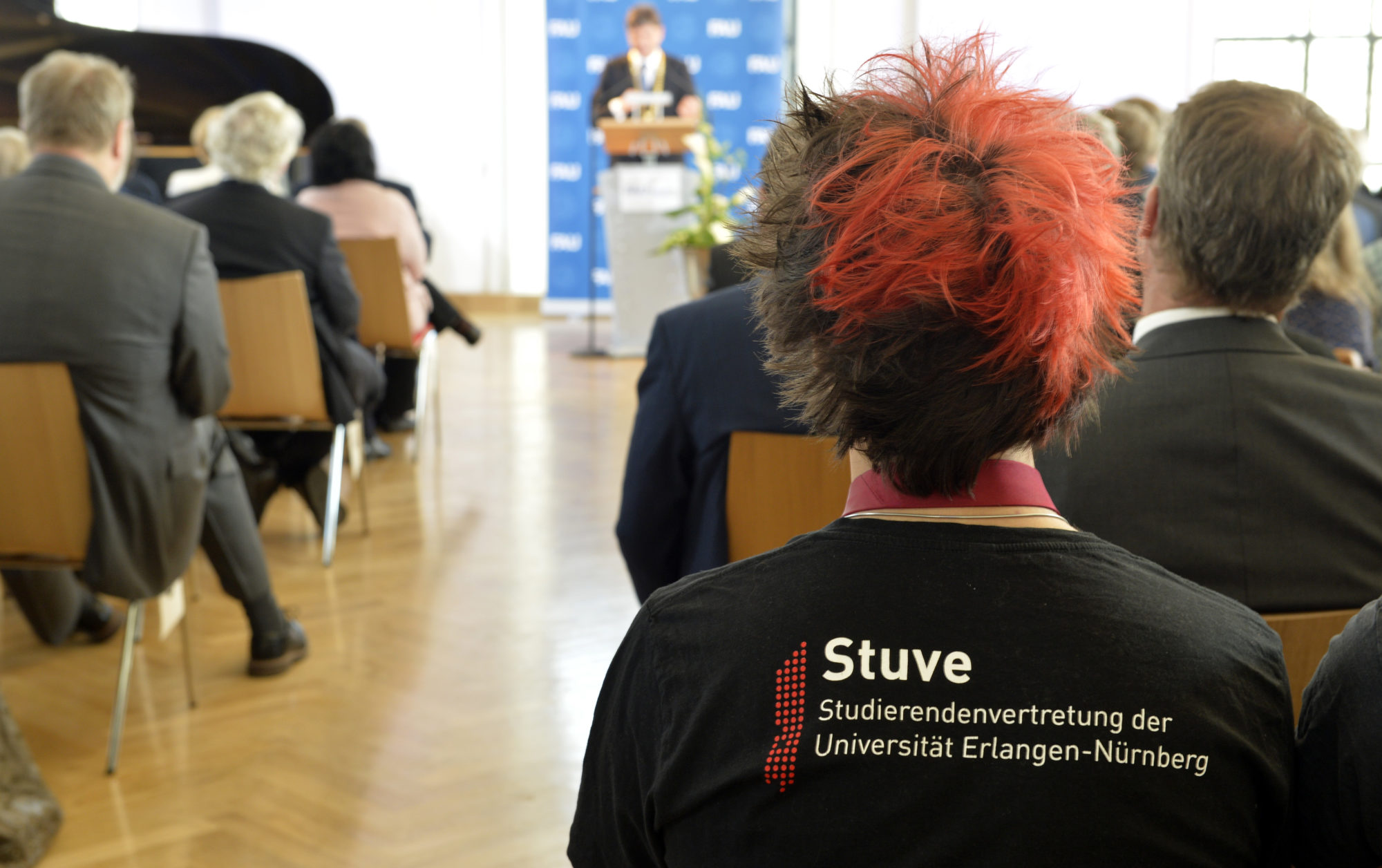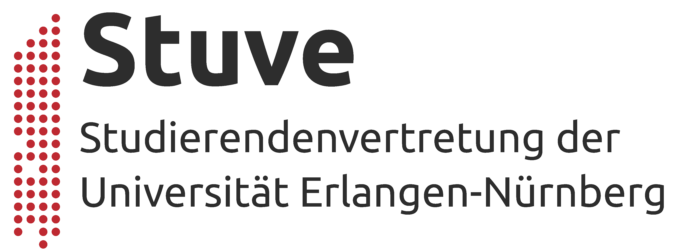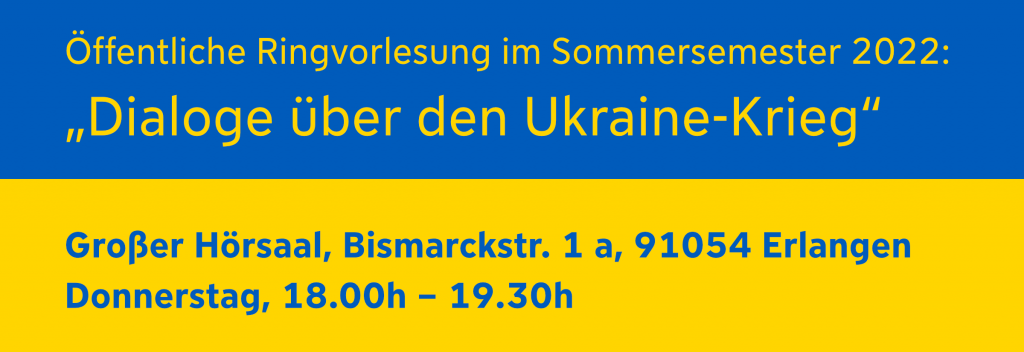A little over two weeks ago, the Semesterticket additional ticket cost only €2.07 at the DB ticket machines. We wonder why it took more than three days for this to spread, but then it turned out that word of mouth among students still works and more than 7,000 tickets at this price were sold. Our working group Semesterticket met directly in the evening for a crisis meeting. After intensive research, including court decisions on comparable cases, we quickly realized that the tickets would probably be declared invalid according to the law “§119 BGB Irrtum”. Nevertheless, we wanted to negotiate the maximum and asked the VGN and the DB for a crisis meeting. This took place the next day and it was an intensive negotiation, which we ended with a good compromise for all sides. At this point, we would like to thank the Studierendenwerk for their good support! We managed that with 1% of the ticket price you can ride 10% of the validity period, so the value increased tenfold. Alternatively, you could get the €2.07 refunded. Since we in Bavaria are the only federal state that does not have a constituted student body (thanks to the CSU) and are therefore not a legal entity, we cannot sue against it, but that is of course up to each individual. We think that the result is the fairest solution for everyone.
What is now important: Those who bought the additional ticket at the ticket machine still have to download the basic ticket online. We recommend to buy the additional ticket online anyway, because you can not lose it (electronically and multiple downloadable or printable). Tickets bought at the vending machine are lost after loss and with it also the 207€.
In addition, many questions reach us, whether one should not wait now for the 9€ ticket of the German government. Here our clear recommendation is that you buy the tickets that you would buy without the offer, because the promise stands that subscribers should not receive any disadvantages. The inter-university working group “Semesterticket” is already in close contact with the VGN about how the implementation and reimbursement can take place. As soon as there are more details, we will announce them through our regular channels. According to our calculation, students with an additional ticket will be reimbursed up to 114€ – the share of the basic ticket and the additional ticket is not yet clear.
Only if you pay less than 90€ in total for April, May and September, the 9€-ticket might be worth waiting for, but the calculation is still subject to final talks and without guarantee (depending on the implementation, the marginal price may vary).
There is also news about the planned 365€-ticket. For more than a year, we have been campaigning for students to be integrated into the 365€-ticket, which currently only schoolchildren and trainees can buy. We demand that students also receive this offer already from the winter semester 2022/23, but in doing so we are dependent on political support from the Bavarian government as well as the municipalities in the VGN. In Munich, the city signaled support last week, and there the ticket should come no later than 2023. Since we don’t have the support here yet, we are collecting signatures at lunchtime in front of the refectory during the first two weeks of the semester. We still need many people to help us with this. You can also print out the list of signatures and collect them in your private environment, you can find the list here. At the same time a survey will take place, you will receive a personalized link via email.
If you can help collecting signatures, if you have questions about the 2,07€-ticket, 9€-ticket or 365€-ticket, please contact us via the form. We have also compiled the most important information here. Follow also the new Instagram account.



